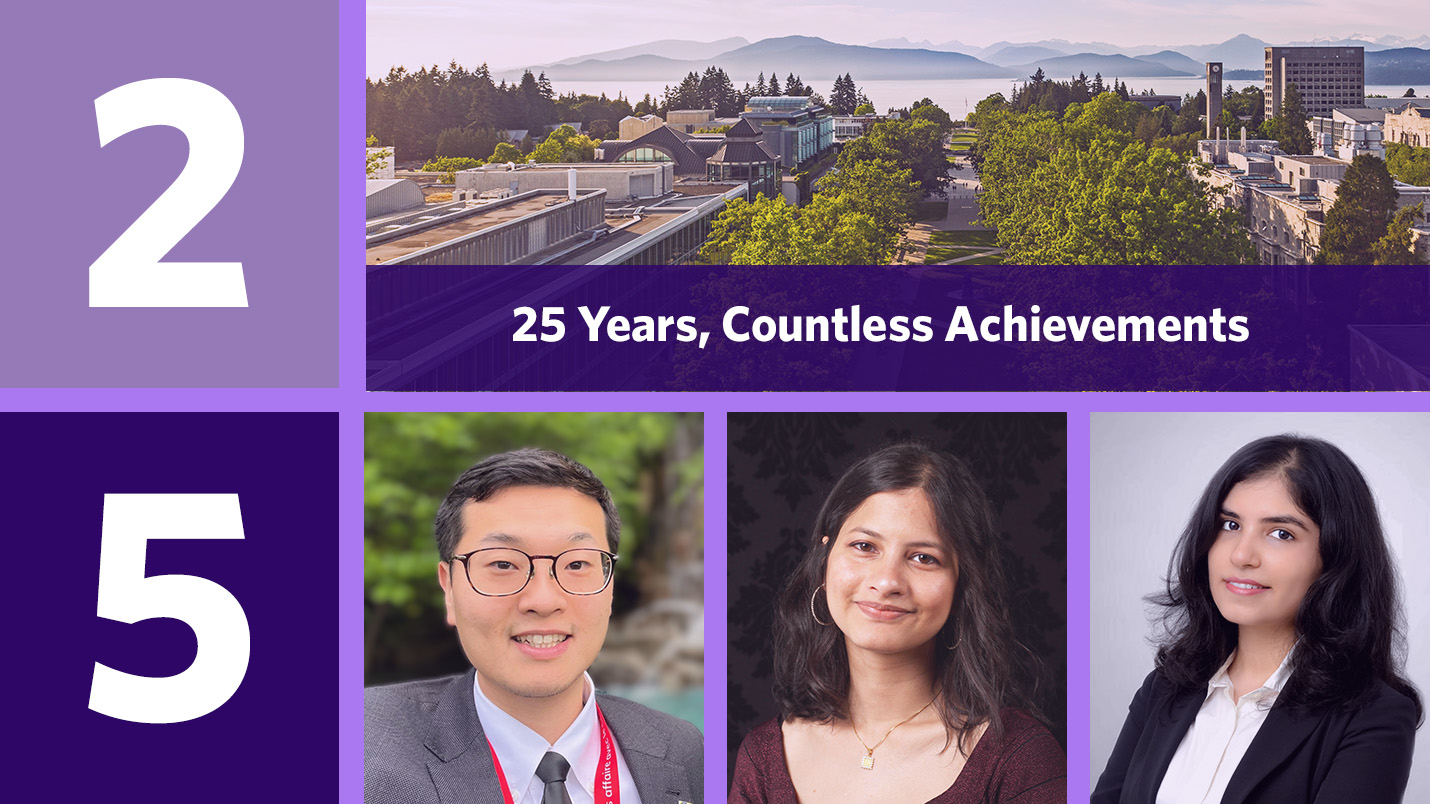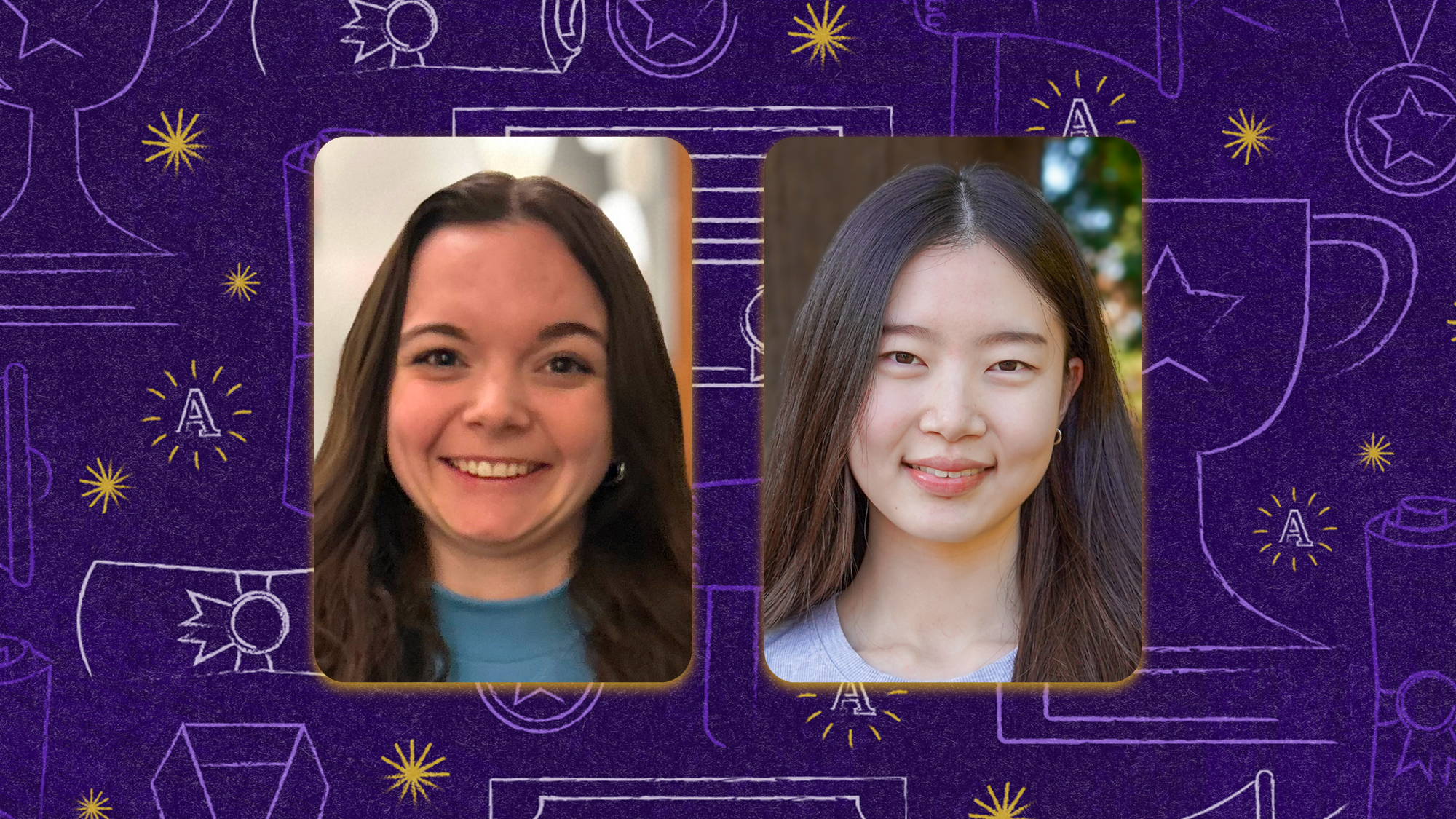By Carmen Chu
Bobby Huang first learned about First Nations culture in a Grade 6 classroom. His school had arranged for speakers from Aboriginal communities to present to his class and Bobby remembers how fascinated he was to hear a different perspective on Canada’s history.
“It’s so interesting and important, particularly because it’s a side of Canadian history that we rarely hear about,” says Bobby. “It’s also not the proudest moment in our history but I feel that it’s important that as Canadians, we are informed about the stories of other Canadians.”
Since then, Bobby has held an interest in Canada’s historic relationship with Aboriginal peoples and what can be done to move towards a stronger relationship with the First Nations of Canada. This interest encouraged him to take a seminar on Native History in his third year as a political science student at UBC.
It also led him to his first work term as an Arts Co-op student to Indian Residential Schools Resolution Canada (IRSRC), a federal department dedicated to strengthening partnerships within government and with Aboriginal people and other citizens to address and resolve issues arising from the legacy of Indian residential schools.
As a Litigation Information Analyst, Bobby’s current work at IRSRC involves managing dispute resolution claims filed by former residential school students. Bobby reviews their claims and prepares their cases for a hearing before an independent decision maker and a government representative.
Dealing with the cases of claimants is not always easy. They often involve stories of mistreatment, neglect, and abuse. However, Bobby says, “it is both humbling and inspiring to hear about individuals who have overcome so much adversity in their lives.”
“The most rewarding aspect of my job is the fact that I’m doing a small part to make a difference in other people’s lives,” says Bobby, “There’s a common stereotype that government workers do very little besides pushing paper, but having spent two work terms at a federal department, I have seen first hand that many individuals working in the public service care deeply and are very passionate about their work.”
For Bobby, the Arts Co-op Program has helped him build a career out of his interests. “It’s easy to know what you might want to do,” he explains, “Co-op helped me figure out the steps I needed to take to reach my career goals. Things like networking, being patient, managing expectations, and taking the time to explore career options to find out your likes as well as your dislikes are all valuable lessons I picked up from co-op.”
At IRSRC, Bobby works in what is described as a “sunset department,” a department that will ultimately close when its mandate has been fulfilled. Ironically, this means that if Bobby is successful at his job, he will also be out of a job. This does not sway Bobby, however, as he is confident that his co-op experiences have given him the knowledge, skills, and confidence to find other meaningful work opportunities.
“Within government, there is a broad spectrum of opportunities, particularly for Arts graduates, and there are so many departments and agencies that there’s bound to be something that suits your interest,” he says. “I had never seriously considered a career in the public service but my two work terms at IRSRC have opened my eyes to a potential career path.”
Bobby also serves as co-chair of the Arts Co-op Students’ Association Publishing Team, which publishes the tri-annual co-op online newsletter “arts at work.”


